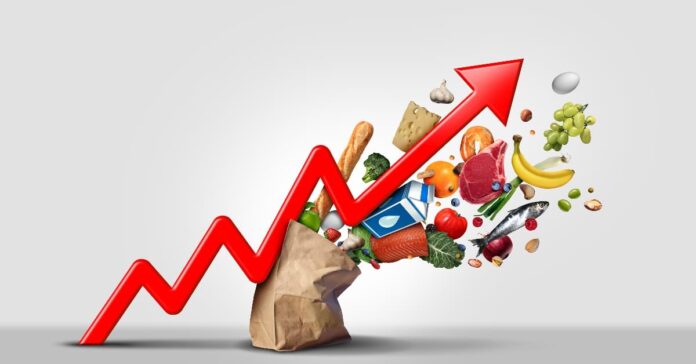ISLAMABAD: The National Bureau of Statistics (NAB) claims that inflation has dropped from 33% to 9% over the past nine months has been widely disputed by the public.
Surveys conducted across various markets reveal that citizens feel the cost of living remains high, with essential goods becoming increasingly expensive.
Despite official reports, everyday items like lentils, cooking oil, and rice have seen substantial price hikes. For instance, moong dal has surged from 290 to 380 rupees per kilogram, while masoor dal now costs 400 rupees per kilogram, up from 260 rupees. Other staples like cooking oil and rice have also seen similar increases, with oil prices climbing to 480 rupees per liter from 450 rupees and rice prices rising to 340 rupees per kilogram from 280 rupees. Additionally, the cost of chicken has reached 700 rupees per kilogram, and beef is now priced at 1,200 rupees per kilogram.
Citizens argue that the official statistics do not reflect the true impact of inflation on their budgets. Price increases are not limited to food; pharmaceuticals, textbooks, clothing, and construction materials have all become more expensive, further straining household finances and affecting the construction industry.
Traders point out that government taxes ultimately burden ordinary consumers, contributing to the rising costs. While the Statistics Bureau reports an inflation rate of 9.6% for August, the public remains skeptical, arguing that even single-digit inflation is damaging their purchasing power.
The public is calling for the government to reduce taxes and take measures to curb rising inflation to provide relief to ordinary citizens.




